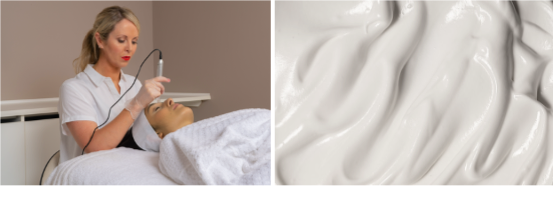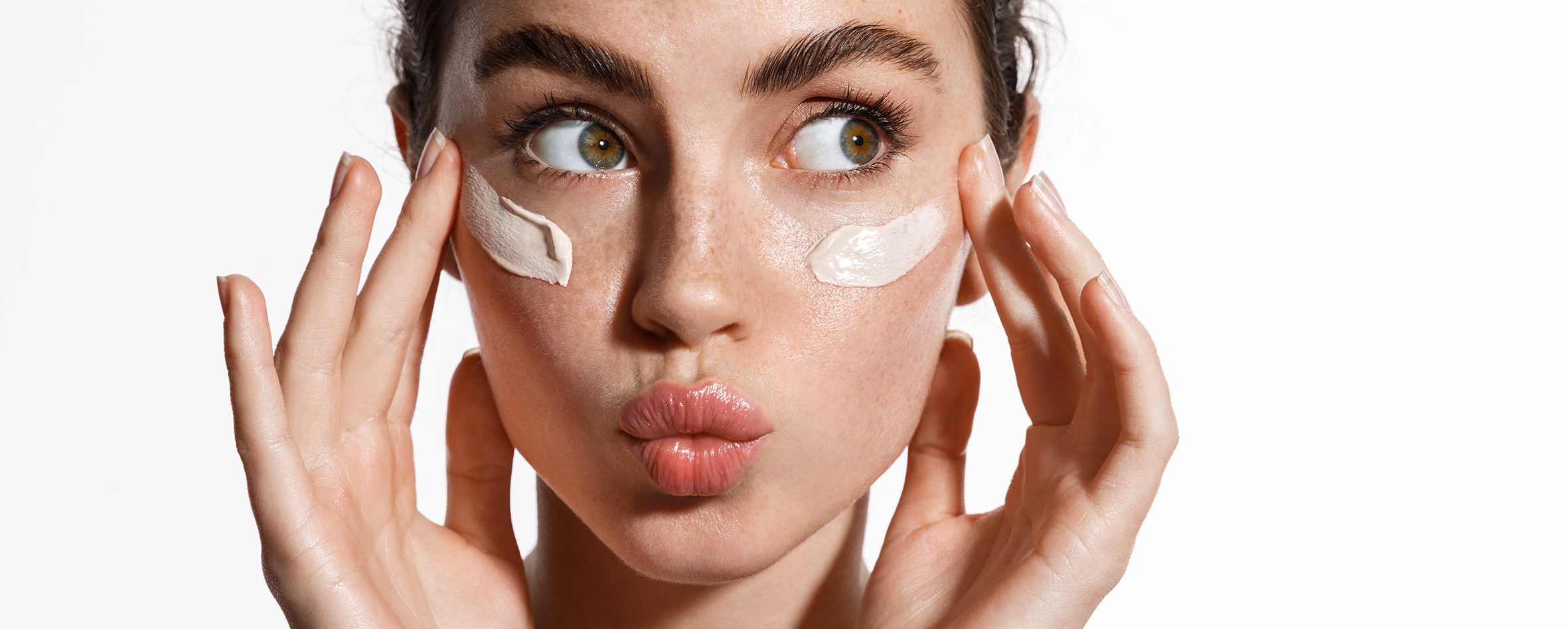From a young age, it’s been ingrained into many of us to cleanse, tone and moisturise, with moisturising being a ritual that has stuck with us through to adulthood.
However, according to Kate Kerr, aesthetic facialist and Director of Kate Kerr London Clinic, only 10-15% of us actually need moisturiser – for everyone else, the traditional am/pm moisturiser routine can make skin sluggish, lacking in natural moisture and unable to naturally exfoliate, says Kate.
“It is important to wake up your skin’s natural moisturising mechanisms as this will have a knock-on effect and stimulate other processes within the skin – slowing the rate of skin ageing, strengthening the skin and balancing oil production to prevent breakouts. Ditching moisturiser is the best thing you can do for your complexion” shares Kate, whose decades of experience have led to the Kate Kerr Clinic having a residency at Sea Containers’ prestigious agua Spa.

Reason 1: Halt accelerated aging
“There are anti-ageing benefits to not using a moisturiser as they can inhibit the production of Glycosaminoglycans (GAGs) which are one of our skin’s natural moisturisers. GAGs are important for the production of collagen and the cushioning around it, keeping the skin plump and firm” Kerr explains.
“Moisturising also prevents the skin’s natural exfoliation by smoothing the skin cells and stopping them from sloughing off. So, by stopping moisturising, this actually stimulates cell turnover and encourages natural desquamation which improves skin function and exposes the tightly packed plump fresh cells to effectively reflect light and leave the skin glowing.”
Reason 2: Kickstart the skin’s natural moisturising process
“When we see flaky dryness, our instinct is to apply moisturiser. The flakes are no longer visible, so we presume the moisturiser has worked. However, in reality, all we’re doing is compressing down that dead skin, stopping it from shedding naturally, and negatively impacting the skin’s barrier function.”
“When the skin’s barrier function is impaired it becomes more sensitive, inflamed and dehydrated. Although exfoliation is often thought of as aggressive it’s actually key here. This step exfoliates weakened cells allowing stronger fresher, plumper cells to rise to the surface allowing the skin to reflect light more efficiently and ensure a strong barrier function which will calm down any sensitivity and inflammation” advises Kerr.
“Our skin is capable of maintaining its own hydration levels, so only a ‘true dry skin’ is in need of moisture supplementation. By using a moisturizer, our skin’s surface sends a signal down to its water reservoirs telling it that there is plenty of moisture and to halt production which makes the skin sluggish and lacking in moisture, so we reach for more moisturiser, thus exacerbating the problem and reaching for a richer moisturiser. Once you stop moisturising, this cycle is broken and the skin’s ability to moisturise itself increases over a period of 6-12 weeks. Don’t let that time frame put you off; I normally see client’s skin turn a corner at around 2-3 weeks.”
Reason 3: Stop breakouts
“Another peril of moisturisers is that when the skin becomes dehydrated, it often over produces oil. Then because the skin is sluggish and there is a build-up of dead skin cells it prevents the flow of this increased oil production, leading to blackheads, whiteheads and possibly even acne” warns Kerr.
“Oils, balms and rich moisturisers can also exacerbate acne further as when sebum, dirt, and dead skin cells mix, they form a plug that clogs pores. When you use rich occlusives you prevent your sebum flowing freely out of pores and becoming backlogged, which causes congestion. Occlusive oils can also block the skin as a result which encourages bacteria which in turn exacerbates inflammation and acne. Waking up the skin’s natural moisturising processes helps to balance oil production thus preventing skin congestion, so one of the first steps to clearing the complexion of acne is to go au natural and banish moisturisers from your skincare arsenal.”





